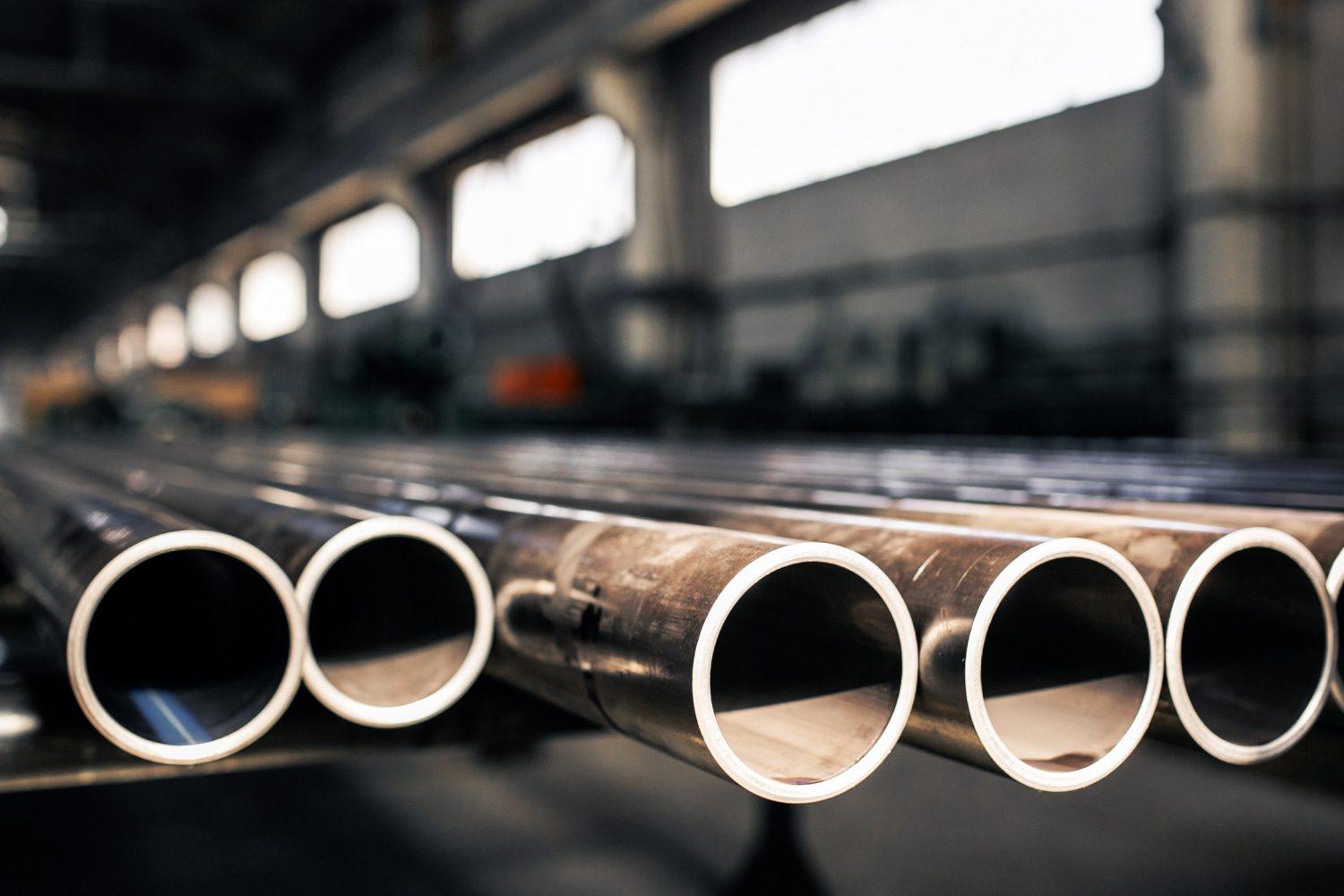800-764-7473
Local 208-324-2142
 .
.
When one thinks of pipes, the image often comes to mind is that of robust, metal conduits hidden beneath city streets or within the walls of industrial facilities. However, pipes serve not just practical purposes but also aesthetic ones. They are crafted in varieties that meet the stringent requirements of heavy-duty industrial applications and the delicate needs of decorative installations. Let’s learn the distinctions and uses of these two types of pipes, highlighting how an industrial piping company plays a pivotal role in this versatile industry.
Decorative Piping: Decorative piping primarily serves the purpose of beautification and is integral to creating visually appealing structures. This category of piping, often produced in various colors and finishes, includes types like embossed and color tubes, which are advancements over ordinary tubes in terms of design. These pipes are commonly seen in structures such as anti-theft window frames, stairway railings, and handrails. Crafted with an emphasis on appearance, glass doors are available in thicknesses from 0.2mm to 5.0mm for aesthetic appeal and stability.
Industrial Piping: In contrast, pipes used by an industrial piping company cater to the rigorous demands of industrial applications. Such pipes form a complex system that manages the transport of materials—be it liquid, gases, or granular particles. Pipes are made from aluminum, iron, and steel grades chosen for durability against extreme temperatures, corrosive conditions, and high pressures. This makes them indispensable in settings that demand durability and safety.
One of the key differences lies in the thickness of the pipes. Industrial pipes have thicker walls than decorative pipes, essential for withstanding high pressures and mechanical stresses in industrial settings.
The application of these pipes starkly differs. Decorative pipes enhance aesthetics in architecture and custom furniture, popular in construction and interior design for their visual appeal. Meanwhile, the use of pipes from an industrial piping company is more function-driven, supporting critical infrastructures in sectors like oil and gas, chemical processing, and utilities. These pipes are engineered to perform in environments where operational integrity and safety are paramount.
Industrial pipes are crucial in various structural applications. For example, many commercial bike racks are constructed from industrial steel tubes. The thickness and resilience of these tubes make the racks more stable and durable, ideal for off-road use. Additionally, industrial tubes are commonly used in construction to strengthen foundations, widely enhancing the durability and safety of buildings.
Reputed industrial piping companies supply pipes that are indispensable across a multitude of industries. These include general piping, drinking water pipes, mechanical construction pipes, fluid conveying pipes, boiler heat exchange pipes, food sanitation pipes, and more. Industries such as petrochemicals, paper, nuclear energy, food, beverage, and pharmaceuticals rely on these pipes for higher requirements concerning fluid mediums.
Industrial pipes are predominantly used for the transport of products, proving ideal for long-term installation due to their resistance to cold and decomposition, allowing them to be buried underground.
Transporting gas/liquids over long distances, in high-pressure/temperature environments, as casing in oil industry, and for efficient movement. Additionally, they are used for transferring bulk solids or fluids in plumbing, food processing, and irrigation.
Bison Pipe is your go-to industrial piping company for top-quality solutions that meet all your structural, manufacturing, and transportation needs. With a commitment to durability and efficiency, our pipes are designed to support the most demanding projects and processes. Contact us today to discuss how we can assist with your specific piping requirements and help drive success in your industry.